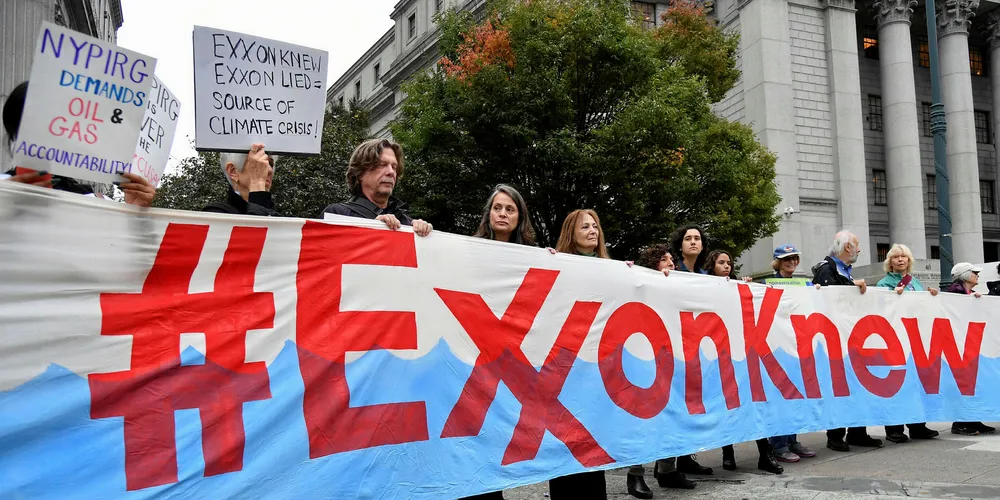Are these the real reasons why Big Oil wants a carbon tax?
Fossil-fuel companies are advocating for carbon pricing while massively expanding their oil & gas production, writes Leigh Collins in the third part of a special report

Fossil-fuel companies are advocating for carbon pricing while massively expanding their oil & gas production, writes Leigh Collins in the third part of a special report
